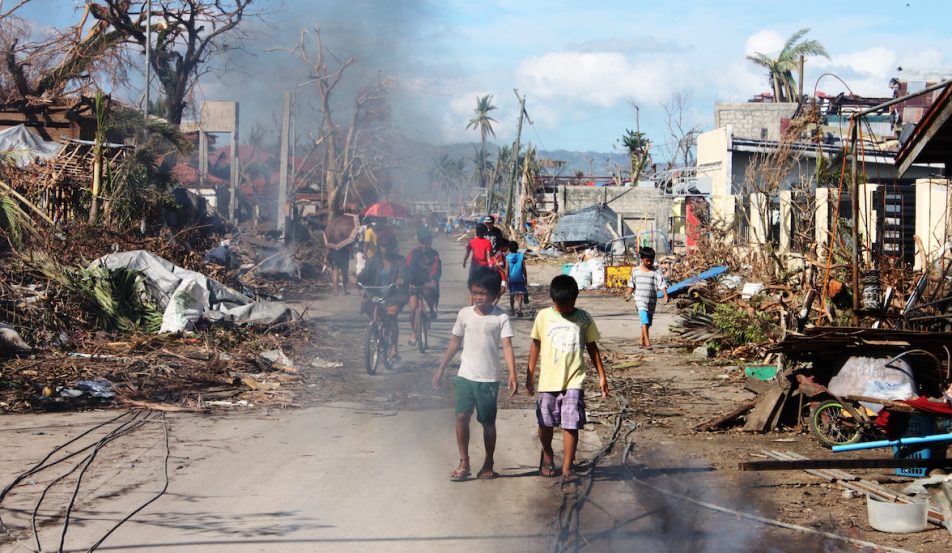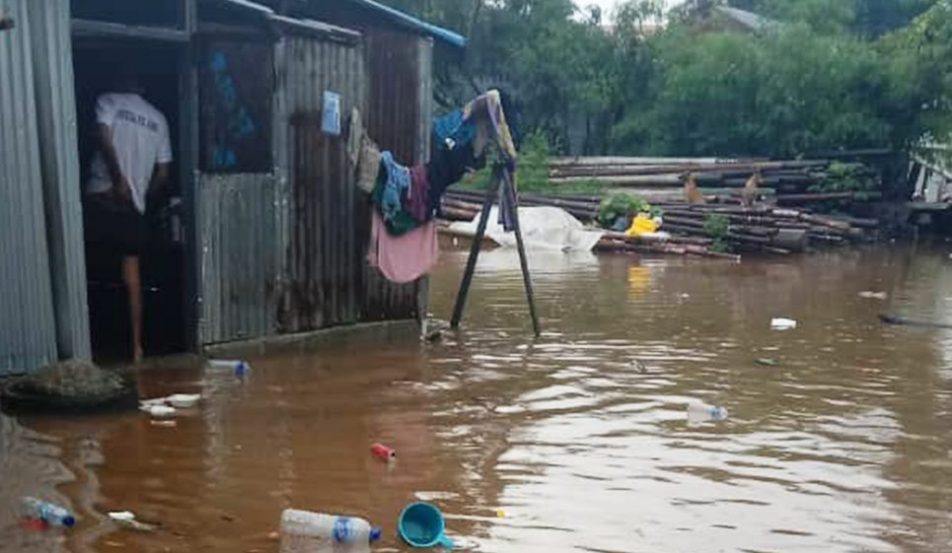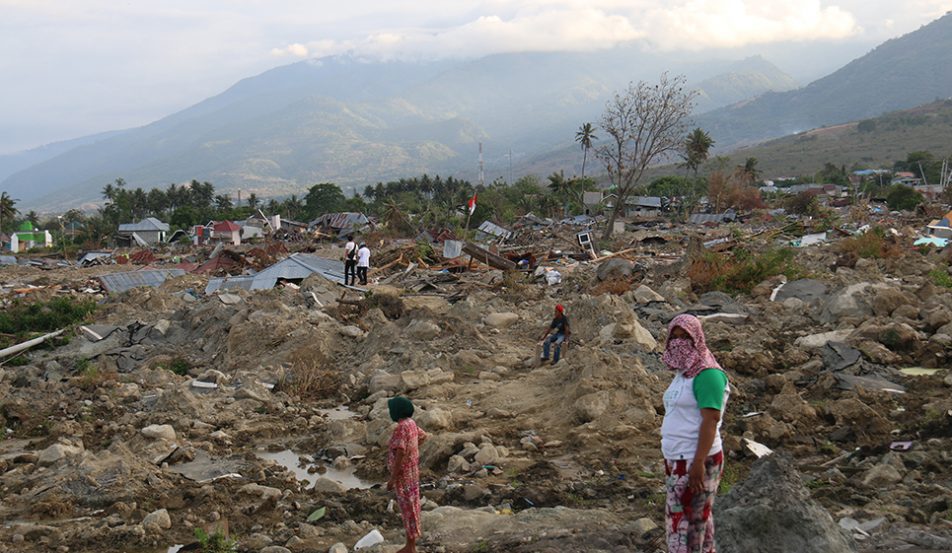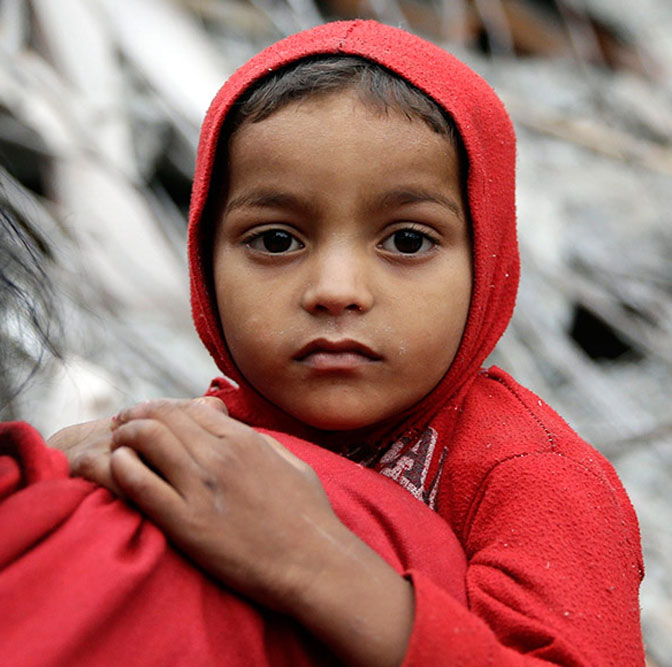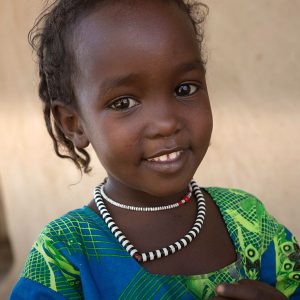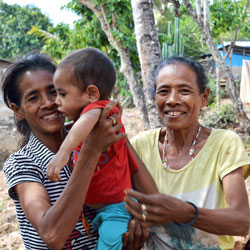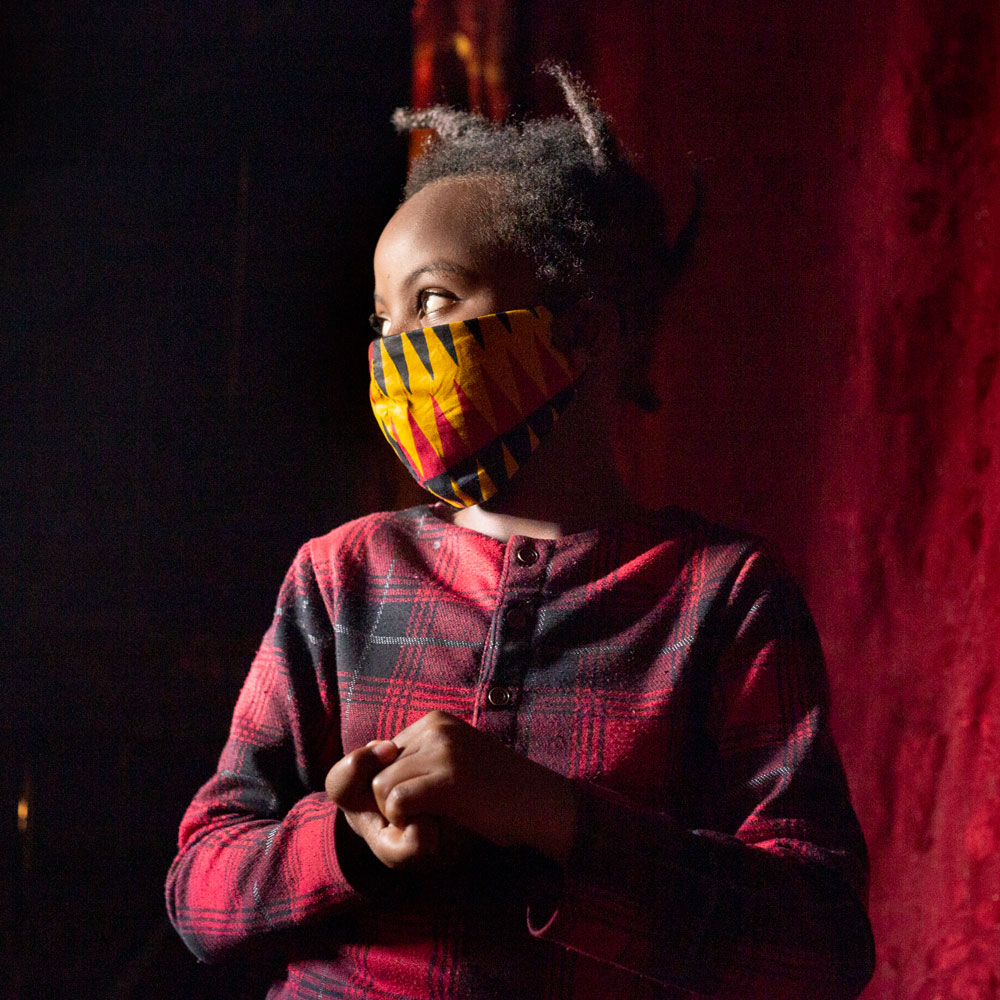Using play and laughter to help children in Nepal recover
ChildFund`s first Child-Centred Space (CCS) in Pangretar, Sindhupalchok (pictured above) is located under the shade of a massive tree, in an open field, just a few feet away from a water point. It is the perfect place for a CCS.
However, the beauty of the location belies the reality of life for families living in this remote Nepalese village after two massive earthquakes turned their lives upside down. Just to one side of the CCS, some of the structures lay strewn on their sides and flat square slabs of cement floors sit missing their moorings. Below the field are plastic and tin sheet homes, constructed quickly after houses collapsed. Many of the children who attend the CCS are living in temporary housing and will likely remain in these makeshift dwellings for some time to come.
ChildFund`s Child-Centred Spaces are safe refuges where children can play, learn and receive trauma support after a disaster. In the weeks following the earthquakes, ChildFund established 21 CCS in six communities across Sindhupalchok and Ramechhap districts, where ChildFund has been working with local communities for the past 20 years.
At this CCS in Pangretar, three ChildFund-trained volunteers from the community €“ Sushila, Shamma and Amrita €“ managed the centre six days a week. These bright, energetic ladies supported, laughed and played with the children, bringing some sense of normality back to their days.
Sitting in on one of their sessions, I watched them start the day by inviting the children to group by ages €“ older and younger. Together the children and facilitators played games, sang songs, danced a little and created art works as ways to get the children to think about their feelings.
As the day proceeded with much laughter, I watched them play a game which allowed the children to act out their feelings. It is a kind of charades. The groups had to guess what feelings were being imitated by the child. Everyone would laugh when they figured it out and all the actors received an affirming clap, led by the leaders. Eventually this opened up opportunities to share how children felt about their own feelings of happiness or sadness.
The process of children opening up to community leaders like Sushila, Shamma and Amrita may take a day, or it may take many, but when it does happen the facilitators have been trained on how to observe what may be emotions like stress or sadness and how to help children work through their experiences.
The 21 Child-Centred Spaces organised by ChildFund in Nepal have now finished their activities as children begin to transition back into their schooling. While they were operating, they were able to reach out to an average of 1,800 children a day.
While the established spaces may have finished, all materials used at the CCS, including books, first aid kits and early childhood development kits, have been provided to the local schools. Teachers are also integrating some of the activities into their classes to help children adjust after being out of school for months.
Read how ChildFund is helping to ensure children are able to return to school and a sense of normalcy.



